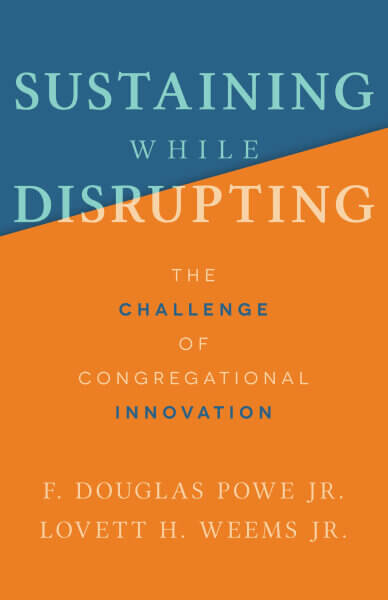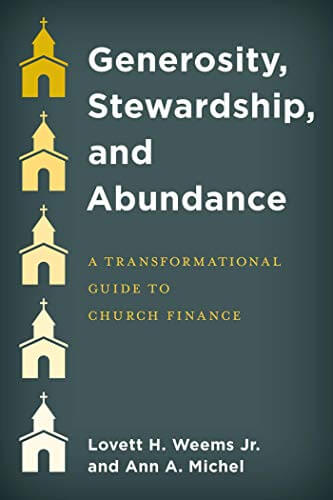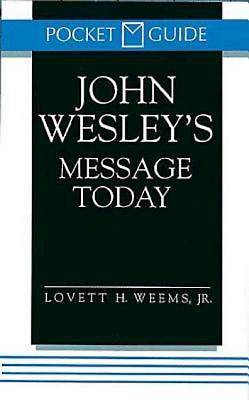It is almost impossible to overstate the difficulties long-established congregations face as they seek to move up off a plateau in size or to reverse a long period of numerical decline.
It’s common in churches to say that our budget acknowledges our priorities. How we spend our financial resources surely represents our values in a practical way. However, there is another indicator of our priorities. Our use of time is an even more accurate indication of values, yet little attention is given to the “time budget” of how our members, staff, and pastors are asked by the church to spend their time. A good question may simply be:
How do we allocate our time and ask others to allocate their time?
It is almost impossible to overstate the difficulties long-established congregations face as they seek to move up off a plateau in size or to reverse a long period of numerical decline. Lyle E. Schaller
It is common in churches to say that our budget acknowledges our priorities. How we spend our financial resources surely represents our values in a practical way. However, there is another indicator of our priorities. Our use of time is an even more accurate indication of values, yet little attention is given to the “time budget” of how our members, staff, and pastors are asked by the church to spend their time. A good question may simply be: How do we allocate our time and ask others to allocate their time?
Celebration is often a missing component of ongoing church life. It is important to notice and name representative examples of the good your community of faith accomplishes. Celebrate those things that all can rejoice in regardless of their level of participation. All can rejoice in lives changed and communities blessed through literally hundreds of church ministries. And remember always to celebrate what you want to encourage for the future. So, the right question is:
What do we celebrate here?
Becky Posey Williams of the United Methodist General Commission on the Status and Role of Women wrote about hearing a commencement speech by Dean James Ryan at the Harvard Graduate School of Education. In speaking to the beauty and power of good questions, he offered five guiding questions that he encourages graduates to ask themselves in any situation.
Wait, what? I wonder if…?
Couldn’t we at least…?
How can I help?
What truly matters?
If you can’t engage or inspire a 17-year-old, you will never engage an unchurched person.
Carey Nieuwhof
We are more likely to learn something from people who disagree with us than we are from people who agree.
Michael Fullan
In an interview with Tony Morgan, Pastor Stephen DeFur of Cokesbury United Methodist Church in Knoxville, TN, tells about the questions his church asks, beyond attendance and financial issues, in order to monitor vitality. Questions related to “reaching new people” are below. Additional questions were included in the February 8 and 15 issues of Leading Ideas.
Are we meeting regular attenders’ friends?
Are we connecting with unchurched people on a regular basis?
In an interview with Tony Morgan, Pastor Stephen DeFur of Cokesbury United Methodist Church in Knoxville, Tennessee, tells about the questions his church asks, beyond attendance and financial issues, in order to monitor vitality. Questions related to “life changes by participants” are below. A previous set of questions was in the February 8 issue of Leading Ideas.
Are we seeing tangible evidence of people finding freedom in Jesus?
Are marriages being restored?
Are people finding freedom from addiction?
Are parents having deeper conversations with their kids?
Are we hearing stories of people finding courage to live their faith at work or school?
Humility is an incredibly overlooked but important character trait. Confidence is great, but arrogance is really deadly, and there’s a fine line there.
Jodi Goldstein
In an interview with Tony Morgan, Pastor Stephen DeFur of Cokesbury United Methodist Church in Knoxville, TN, tells about the questions his church asks, beyond attendance and financial issues, in order to monitor vitality. Questions related to “actions by current participants” are below.
Are people taking next steps?
Are we seeing adults professing their faith in Jesus?
Are they then taking that decision public and getting baptized?
Are people getting connected in small groups?
Are we seeing increasing numbers of people finding ways to give their lives away through service?
When it comes to leadership it is not about the leader’s personality; it is all about how that individual behaves as a leader.
Carolyn Wang
Jodi Goldstein, managing director of the Harvard Innovation Labs, says that when she was looking to hire new people, she looked for “amazing.” She later learned that the ability to handle adversity was a more important trait. A right question she uses in interviews is:
What’s something that went wrong, and how did you deal with it?
Becoming a leader is a process of internal self-discovery. In order for me to become a leader and become an even better leader, it’s important that I first define my values and principles.
Olivia Lai
A collection of questions about inspiring innovation and action includes one that requires a question to answer their question:
What question, if answered, could make the most difference to the future of our organization?
The test of our leadership is simple: Are the people entrusted to our care better off?
Cheryl Bachelder
While we may make good plans for a new initiative, sometimes we need to take one step back and ask a more basic question about our unspoken assumptions:
On what assumptions are we basing this initiative?
One characteristic of adaptive challenges (as opposed to technical challenges) is that an adaptive issue always requires people to learn more about the situation. In light of this need, this question may help:
What are the gaps in our knowledge of this issue for which we need to learn more?
Have you noticed when walking through a house, you can often tell when it was built or last updated? So it is with churches. Carey Nieuwhof says that “every church has a date on it” and then provides a right question your church may want to ask:
What is the date on your church?
Congregations that are alive are congregations that can embrace change, help people in the midst of changes of their lives, and offer experiences of transformation.
In thinking about increasing generosity among members, Rosario Picardo suggests we keep in mind some things potential givers want to know.
Does my giving make a difference?
Do I matter to my faith community?
How will my resources be used?
What is the vision I’m giving toward, and what is the plan for reaching it?
How can I get involved in the ministry I am supporting financially?
The first rule of church leadership is that we must keep our focus on God and the things of God above all.
Generosity is a fruit of God’s grace, the product of a transformed heart, and it develops in an atmosphere that encourages it, celebrates it, and reproduces it consistently over time.
Joseph L. Badaracco teaches business ethics at Harvard Business School and has written extensively about the importance of character in leadership. He recently wrote about five practical questions that can help improve decision-making when information is incomplete and opinions divided.
What are the net, net consequences of all my options?
What are my core obligations?
What will work in the world as it is?
Who are we?
What can I live with?
What are my core obligations?
What will work in the world as it is?
Who are we?
What can I live with?



